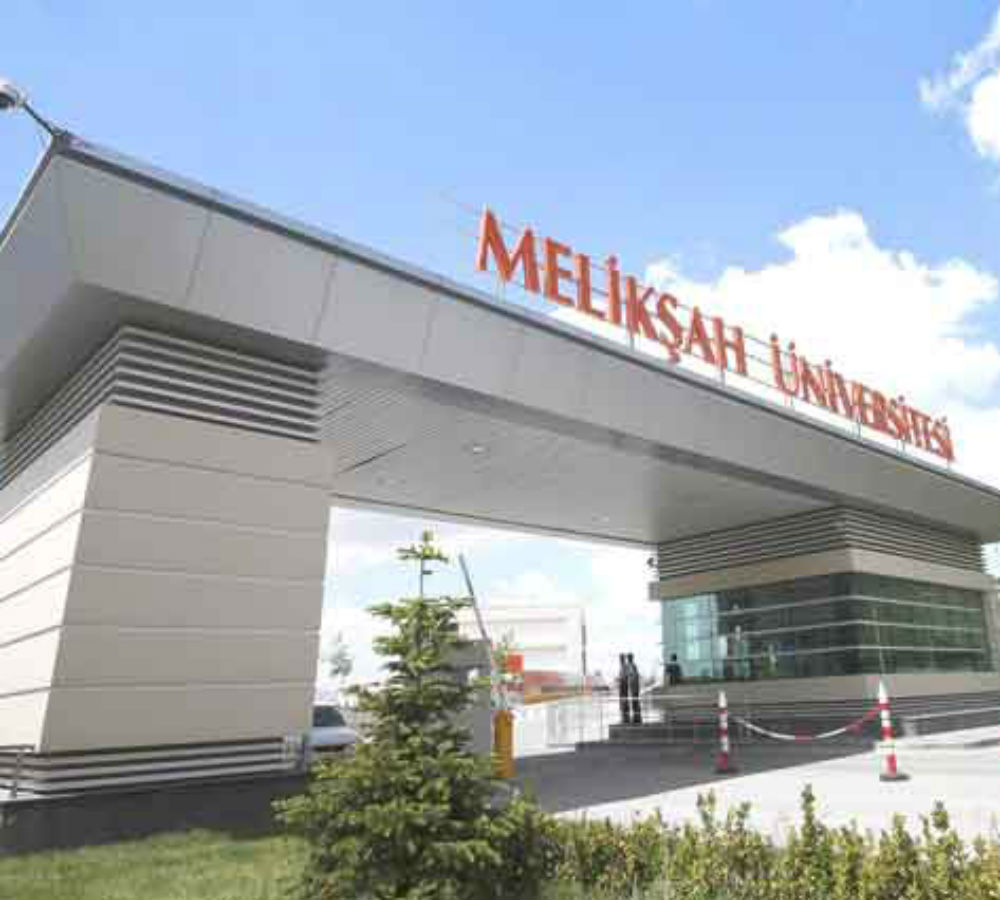A court in the central province of Kayseri appointed a trustee to the Burç Education, Culture and Health Foundation, which is the administrator of Melikşah University, in what is the latest move by the government targeting the private institutions to gain more control.
The confiscation is a result of an investigation against the foundation based on the claims that the property of the university campus was purchased from locals for a low price “via pressure or exploitation of religious beliefs.”
The foundation is accused of having affiliations with the “parallel state.” Previously, a linked investigation resulted in the detention of seven people in Kayseri, including Memduh Boydak, the CEO of the Boydak Holding and head of the Melikşah University administrative board
The Gülen movement is a grassroots social initiative inspired by Turkish Islamic scholar Fethullah Gülen and carries out charitable activities all around the world, including education, distributing humanitarian aid and providing drinking water especially in African countries.
Erdoğan refers to the movement as “Fethullahist Terrorist Organization,” which is used by the government-backed judiciary to frame sympathizers of the Gülen movement. Erdoğan also coined the term “parallel state” after December 2013 to refer to people believed to be inspired by the ideas of Gülen, especially those within the state bureaucracy.
A total of 2,000 trustees have been appointed to hundreds of private entities, including universities, in Turkey over the past six months, in what is considered an alarming issue regarding increasing government control across the country.
Thousands of prosecutors, judges and police chiefs were reassigned, dismissed or imprisoned either for taking part in the corruption investigation or based on allegations of having links to the movement. Also there have been many police operations carried out targeting shopkeepers, teachers, members of the judiciary, journalists and police officers who are accused of being affiliated with the Gülen movement, also known as the Hizmet movement.
The Gülen movement strongly rejects the allegations brought against it.

